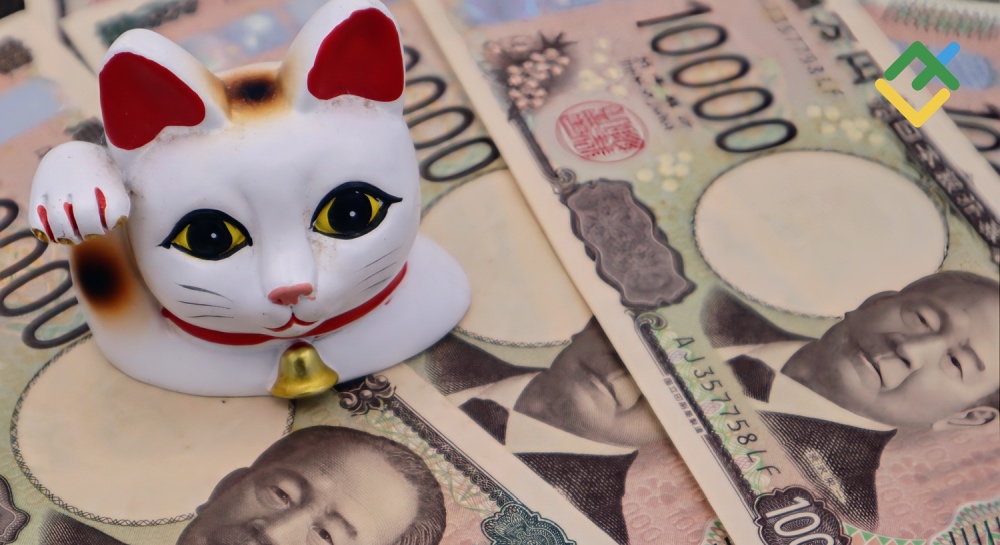
A look at the day ahead in U.S. and global markets from Mike Dolan
Even if U.S. inflation remains too irksome for the Federal Reserve to sound the all clear, there’s much less trepidation overseas.
Fed chair Jerome Powell gave little away in Tuesday’s congressional testimony, remaining coy about the timing of a first interest rate cut as the price picture remains murky but also doffing his cap to a softening jobs market.
Although he reprises the appearance to the House Financial Services Committee on Wednesday, nothing he said shifted the dial much.
Exactly 50 basis points of Fed easing remains priced in futures for the rest of this year – twice what the Fed itself has indicated. Ten-year Treasuries seem stuck just under 4.3% as some $39 billion of paper goes under the hammer later and following a decent take-up of 3-year notes on Tuesday.
But with Thursday’s June U.S. consumer price update ensuring an eerie calm remains over world markets, leaving U.S. stock benchmarks to eke out another series of record highs yesterday, China’s equivalent price report for last month showed how weak the global goods inflation pulse has become.
China’s consumer price growth barely managed to stay positive for a fifth month in June. At just 0.2%, it was half the annual rate expected and factory gate deflation persisted.
Mainland Chinese stocks resumed their relentless decline after Tuesday’s brief bounce and are back in the red for the year – and, remarkably, 10% below the level they were five years ago. The yuan also edged lower.
What’s more, a typically hawkish Reserve Bank of New Zealand opened the door to monetary easing of its own even as it held policy rates steady on Wednesday. “There are signs inflation persistence will ease in line with the fall in capacity pressures and business pricing intentions,” it said in what was read as a dovish commentary.
The kiwi dollar fell 0.7% as markets priced an earlier start to rate cuts and it hit a 16-month low against the Australian dollar.
Next up on Wednesday is Bank of England chief economist Huw Pill – likely a swing voter in the BoE’s policymaking council. UK markets have grown slightly more confident of a first BoE rate cut as soon as next month now that last week’s election is out of the way – and money markets see a 60% chance of a move on August 1.
The pound was firmer against a steady dollar.
French markets also steadied, with stocks and bonds there rallying after a fresh post-election wobble on Tuesday when Moody’s (NYSE:MCO) said the ensuing parliamentary gridlock was negative for the country’s credit rating.
Back on Wall Street, the sixth gain in a row for the S&P500 disguised a down day for most of the index’s constituents and Big Tech megacaps again flattered the close. After Tesla (NASDAQ:TSLA)’s recent recovery, all seven of the so-called ‘Magnificent 7’ of top stocks are now back in positive territory for the year.
And ahead of the second-quarter U.S. earnings season, the tech picture still looks generally rosy.
TSMC, the world’s largest contract chipmaker, reported strong growth in second-quarter revenue that handily beat market forecasts on the back of booming demand for artificial intelligence (AI) applications. Its stock rose 0.5%.
Key developments that should provide more direction to U.S. markets later on Wednesday:
* Federal Reserve chair Jerome Powell reprises congressional testimony to the House Financial Services Committee; Chicago Fed President Austan Goolsbee, Fed Governor Lisa Cook and Fed Governor Michelle Bowman speak; Bank of England chief economist Huw Pill and BoE policymaker Catherine Mann speak

* NATO Summit in Washington
* US Treasury auctions $39 billion of 10-year notes
(By Mike Dolan, editing by Christina Fincher, mike.dolan@thomsonreuters.com)
This post is originally published on INVESTING.



